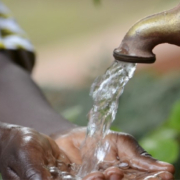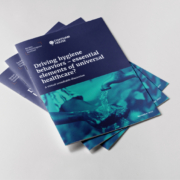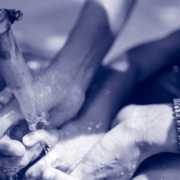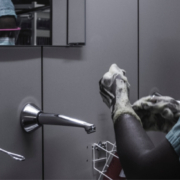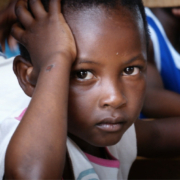Researchers Develop New Tools to Quantify Menstrual Health Needs of Adolescent Girls
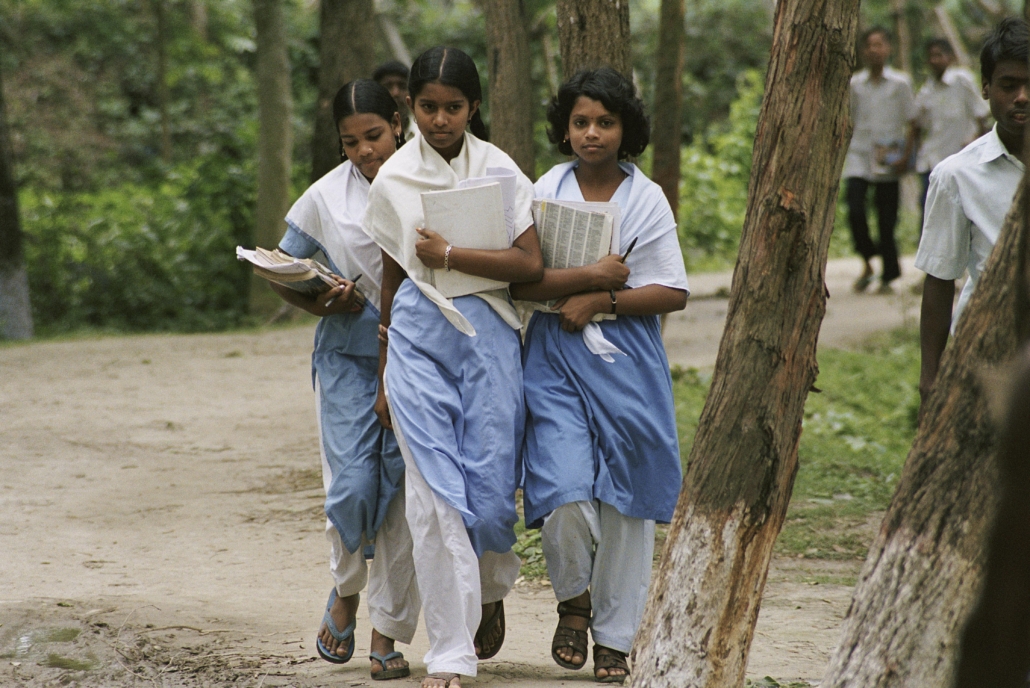
Researchers have developed new, condensed versions of the Menstrual Health Practice Needs Scale (MPNS), offering more efficient tools to measure the menstrual hygiene experience of adolescent girls. The new 18-item MPNS-Short Form (SF) and 9-item MPNS-Rapid Form (RF) provide reliable and valid measures while reducing the burden on survey participants.
Quantifying the menstrual health needs of adolescent girls is essential for monitoring population needs and for evaluating the effectiveness of interventions to improve these health needs. The original MPNS-36, published in 2020, provided an essential tool for researchers and practitioners to measure girls’ menstrual hygiene experiences. These new versions expand its usability and efficiency, according to a new paper whose lead author, Dr. Julie Hennegan, is a Reckitt Global Hygiene Institute (RGHI) fellow and senior research fellow at the Burnet Institute, an Australian-based medical research institute, where she also serves as co-head of the Global Adolescent Health Working Group.
The new 18-item MPNS-Short Form (SF), which reduces the burden on survey participants, offers a reliable and valid measure of the menstrual hygiene experience of adolescent girls, which can support the implementation of menstrual health research and improve research measurement, according to the researchers. “A new 9-item MPNS-Rapid Form (R) is a briefer measure that is suited to including menstrual health within the context of broader water, sanitation, and hygiene research or sexual and reproductive health research,” the researchers note.
“Measuring adolescent girls’ experiences of managing their menstrual bleeding is essential to capture whether their menstrual health needs are being met, test associations between this experience and broader health and wellbeing outcomes in research, and to understand the impacts of menstrual health interventions,” according to the article, “The Menstrual Practice Needs Scale Short Form (MPNS-SF) and Rapid (MPNS-R): Development in Khulna, Bangladesh, and validation in cross-sectional surveys from Bangladesh and Uganda.” The study has been published in the journal BMJ Open. Alongside release of the measures, the authors have provided a suite of online resources to support users.
“Caring for the body during menstruation in a way that meets individual needs for hygiene, comfort, privacy, and safety is a requirement for menstrual health, and it is also an objective of many menstrual health policies and programs. The short and rapid versions of MPNS-36 offer concise measures to capture this construct. These new surveys can help to advance adolescent menstrual health and hygiene,” said Hennegan, who led the development of the MPNS-36 survey.
MPNS-36 includes a broad array of questions regarding menstrual blood management and hygiene experiences, including questions about menstruation experiences, hygiene, comfort, privacy, and safety. The new surveys were developed to adhere as much as possible to MPNS-36, while substantially reducing the number of survey questions. Among the questions included in all three surveys are whether survey respondents have enough menstrual materials to change them as often as they want and where they want, and whether they were worried that somebody at their school or home would see them while they change their menstrual materials. Adolescent girls who reuse menstrual materials also were asked some additional questions including whether they had enough water to wash their menstrual materials and whether they were worried that others would see their menstrual materials while they were drying.
“These newly developed measures capturing the experiences of adolescent girls will help to advance the research on the most effective hygiene interventions to improve how the health needs of girls and others who menstruate are met. RGHI is proud to support Dr. Hennegan’s important work on this issue,” said Sarah Roberts, Executive Director of RGHI, which provides funding to Hennegan via the RGHI Fellowship program. RGHI (https://rghi.org/) is a foundation that aims to strengthen global research capacity to accelerate advancements in global health and wellbeing.
Development of the MPNS-Short Form was funded by The Case for Her and by the Reckitt Global Hygiene Institute (RGHI) and supported by funding from the National Health and Medical Research Council of Australia (NMHRC). The Adolescent Menstrual Experiences and Health Cohort study is funded by the NMHRC and RGHI. The views expressed are those of the authors and not necessarily those of RGHI.
Authors: Julie Hennegan1,2,3,*, Tanvir Hasan4, Tasfiyah Jalil4, Erin C. Hunter5,6,7, Alexandra Head1,8, Abdul Jabbar4, Arifa Bente Mohosin4, Nigar Sultana Zoha4, Muhammad Khairul Alam4, Laura Dunstan1,8, Sabina Akter4, Afreen Zaman4, Adrita Kaiser4, Calum Smith9, Lillian Bagala10, Peter S. Azzopardi1,8,11,12
1Maternal, Child and Adolescent Health Program, Burnet Institute, Melbourne, Victoria, Australia
2Melbourne School of Population and Global Health, University of Melbourne, Melbourne, Victoria, Australia
3School of Population Health and Preventive Medicine, Monash University, Melbourne, Victoria, Australia
4BRAC James P Grant School of Public Health, BRAC University, Dhaka, Bangladesh
5Department of Public Health Sciences; College of Behavioral, Social, and Health Sciences; Clemson University; Clemson, South Carolina, United States
6Department of International Health; Johns Hopkins Bloomberg School of Public Health; Baltimore, Maryland, United States
7Sydney School of Public Health; The University of Sydney; Sydney, New South Wales, Australia
8Murdoch Children’s Research Institute, Melbourne, Victoria, Australia
9Irise International, Sheffield, United Kingdom
10Irise Institute East Africa, Kampala, Uganda
11Department of Pediatrics, University of Melbourne, Melbourne, Victoria, Australia
12Adolescent health and wellbeing, Telethon Kids Institute, Adelaide, South Australia, Australia
*Corresponding author
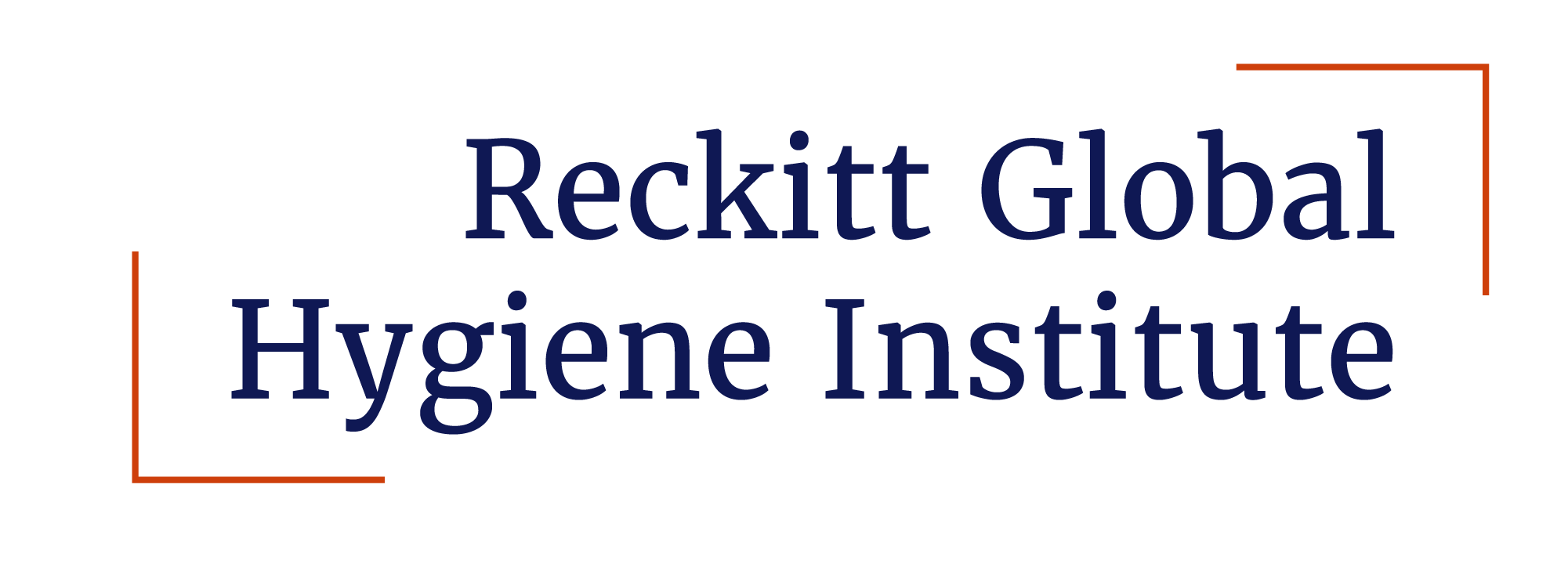
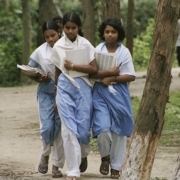 Photo: Scott Wallace / World Bank
Photo: Scott Wallace / World Bank